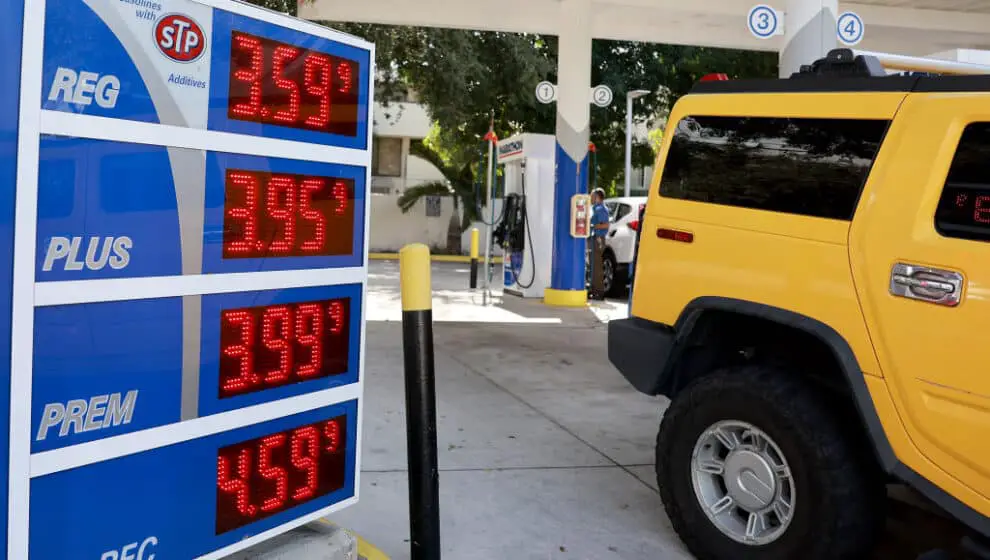After a brief reprieve in high gas prices at the end of last year, the average gas price has shot back up to $3.50 per gallon.
Key Details
- While the average gas price is nowhere near the $5.01 high from last year, prices have risen steadily for five weeks in a row.
- Experts don’t expect prices to drop again anytime soon and predict that prices will reach $4 per gallon later this year.
- In December, gas prices dropped to $3.10. During January last year, the average gas price was $3.36, USA Today reports.
Why it’s news
Last year, apparent factors like the war in Ukraine affected rising gas prices. This year, the cause isn’t so obvious. The price of oil is on the rise at the same time demand for gas is increasing. Typically, winter weather reduces fuel demands as fewer drivers take to the roads. However, January was milder than usual in many parts of the U.S., leading to increased traffic.
“January’s weather was relatively mild in much of the nation, which led to more drivers hitting the road. However, a return of wintery conditions in February may see a revival of seasonal driving patterns,” says AAA spokesperson Andrew Gross, “but with the cost of oil stubbornly hovering around $80 per barrel, drivers probably won’t catch a big break at the pump over the next week or two.”
Oil prices in the last weeks have risen as the global economy anticipates more demand due to China re-opening its economy. Previously, COVID-19 policies in the country slashed demand. Now that these policies are phasing out, the Chinese economy could see greater demand.
In addition to anticipating higher demand, oil refineries haven’t fully recovered from cold snaps in December. Refineries are still performing routine maintenance that can sometimes shut a facility down for several days.
As high oil prices remain, U.S. consumers won’t likely see a dip in gas prices anytime soon. In fact, it’s likely prices will go higher. In its annual price outlook, gas price tracker GasBuddy predicted that the average prices could reach $3.79 to $4.19 by June.
